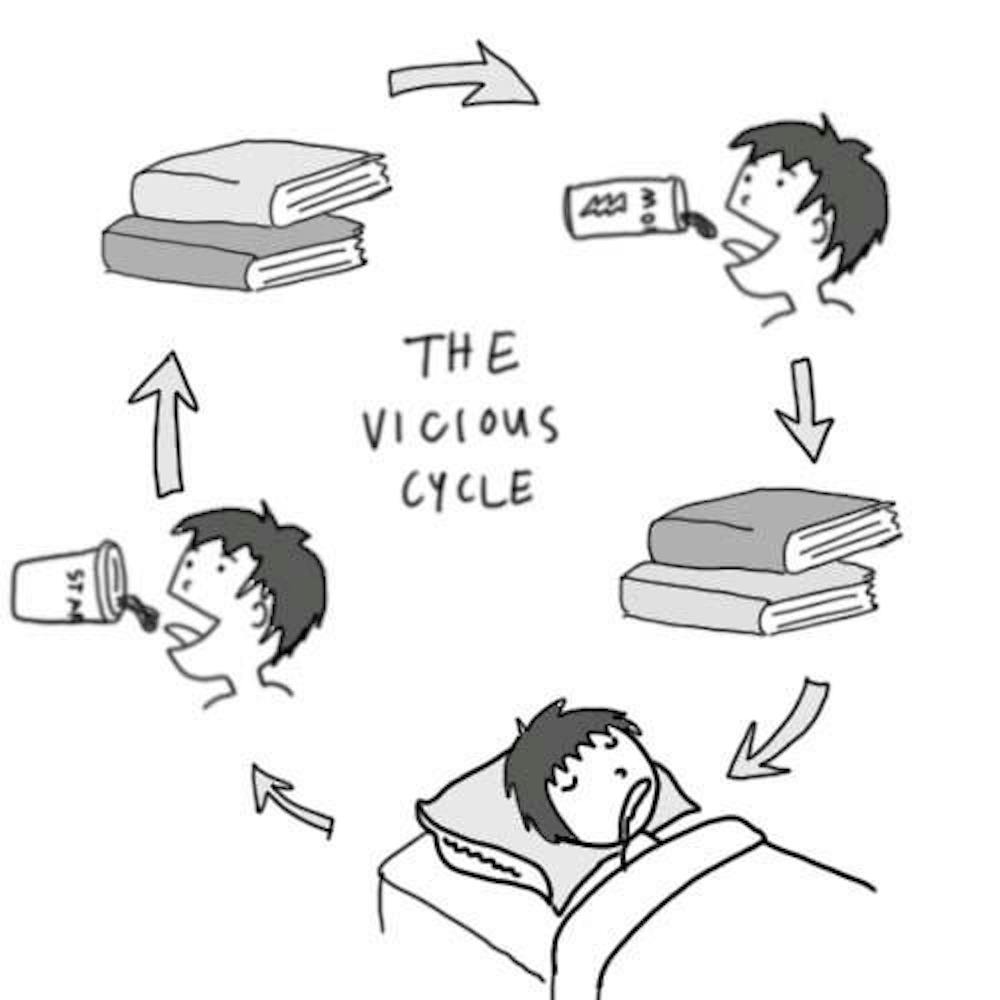Some Of Caffeine Addiction Can Happen To You - Lakeview Health

The Ultimate Guide To Are We All Addicted to Caffeine? - Office for Science and Society

What is caffeine? Caffeine is the stimulant in your coffee, tea, chocolate and soda that reduces tiredness, increases awareness and gives you an increase of energy. It can likewise cause sleeping disorders, headaches, dehydration and hypertension, if you're not careful. For lots of, caffeine is a tool to help them get up, liven up and concentrate.

The Ultimate Guide To Overcome Caffeine Addiction: The Most Effective, Permanent Solution To Finally Cure Tea And Coffee Addiction For Life ( Caffeine, Coffee Addiction, Caffeine Addiction Cure) - Kindle edition by
Caffeine is a white, bitter substance that's discovered naturally in over 60 plants, consisting of coffee beans, tea leaves and cacao pods that are utilized to make chocolate. The U.S. Food and Drug Administration (FDA) thinks about caffeine to be both a food additive and a drug. The quantity of caffeine in your food and drink varies.

Blame capitalism for your caffeine addiction - The Signal
Coffee can have just 2 milligrams of caffeine (decaf coffee) per cup, and as much as 200 milligrams per cup. This Author has about 40 milligrams of caffeine, but it can vary from 9 to 110 milligrams. Twelve ounces of soda pop/soft beverage generally has 30 to 60 milligrams of caffeine.
What effect does caffeine have on the body? Caffeine enters your blood stream from your stomach and little intestinal tract. Once in your bloodstream, caffeine stimulates your central nerve system your nerves, brain and spine to make you feel more awake and alert. Caffeine minimizes fatigue and improves focus and concentration.
The 25 Shocking Caffeine Addiction Statistics - HRF Diaries
When you consume or consume caffeine, the dopamine signaling in your brain is boosted. Dopamine is a chemical that assists with managing inspiration, emotions and movement. You feel more alert and awake when the signaling increases. Just how much caffeine is too much? The average American adult consumes 200 mg of caffeine a day.

The dangers of caffeine addiction - Health - The Jakarta Post
Taking in approximately 400 mg or four cups of coffee does not cause issues for many people. However, caffeine impacts individuals differently, depending upon their size, gender and level of sensitivity to it. If you're sensitive to caffeine, even moderate quantities can cause insomnia (trouble sleeping), quick heart rate, anxiety and feelings of restlessness.
What are the signs of having too much caffeine? Signs of having too much caffeine may consist of: Headache, anxiousness, lightheadedness. Having "the jitters" or feeling unsteady. Sleeping disorders or sleep that is "on and off" throughout the night. Racing heart or abnormal heartbeat. Boost in high blood pressure. Dehydration. Who should prevent caffeine? It's not safe for everyone to have caffeine in their diet.
